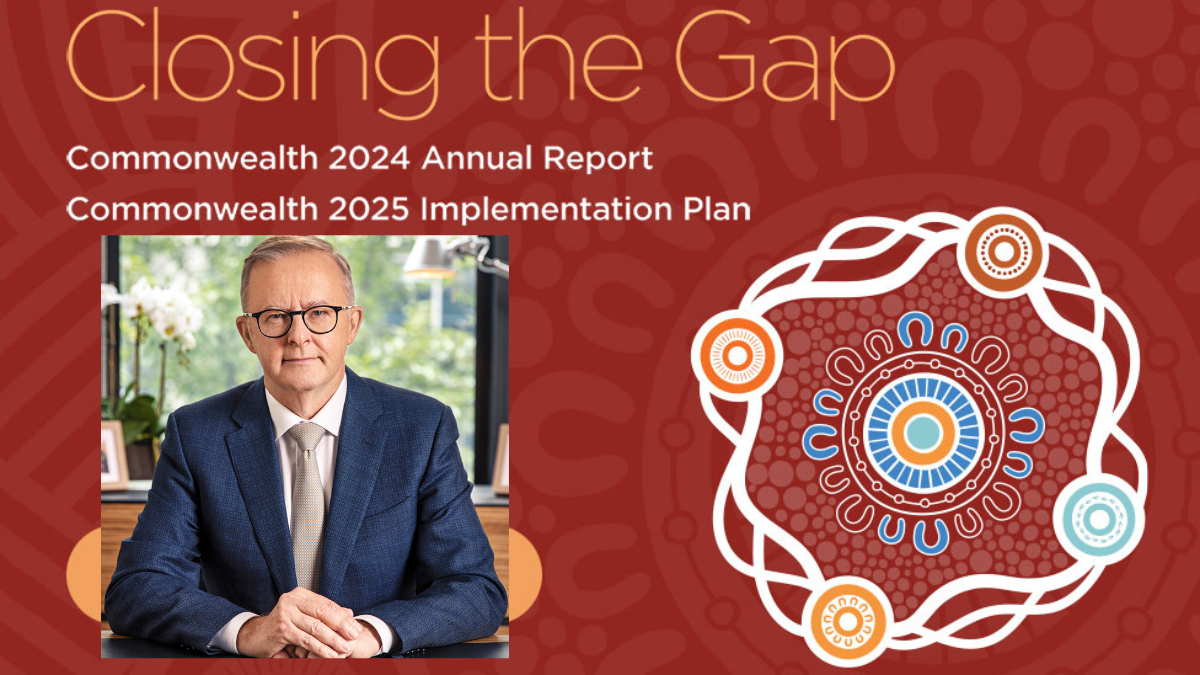A groundbreaking victory for remote workers worldwide
Joanna Pascua, a paralegal from the Philippines, has made history by winning a case against her Australian employer in the Fair Work Commission. This landmark decision grants her Australian workplace protections, despite working remotely from Manila. This case challenges the growing trend of businesses hiring offshore workers to bypass local wage laws and obligations.
The Case That Changed Everything
Ms. Pascua was employed by Doessel Group, a Brisbane-based credit repair company, to perform paralegal work from her home in Manila. She was paid $18 an hour (approximately 640 Philippine pesos), significantly below Australia's national minimum wage of $24.87. After being dismissed last year, she filed an unfair dismissal claim, arguing she was entitled to Australian employment protections.
"I was pleasantly shocked about it. I was so happy," Ms. Pascua said, celebrating her win with family and receiving messages of support from other Filipino remote workers.
A Wake-Up Call for Businesses
The Fair Work Commission ruled that Ms. Pascua was an employee, not an independent contractor, and thus entitled to Australian workplace protections. This decision has far-reaching implications, potentially opening the door for class actions and legal claims by other offshore workers who feel exploited.
"This puts companies on notice that employing offshore workers is not an easy loophole for avoiding Australia's workplace protections," said Brisbane lawyer Alex Moriarty.
The Bigger Picture
Ms. Pascua's case highlights a "grey market" where small Australian businesses hire offshore workers to cut costs, leaving these workers without protections in either country. "Offshore contractors are performing precarious and informal jobs without social protection," her legal submission stated.
Graham Doessel, founder of Doessel Group, argued that businesses like his "can't afford to run their businesses with the cost of Australian wages." However, the ruling underscores that remote workers have real rights, regardless of their location.
What This Means for the Future
This case could pave the way for more legal actions by offshore workers, including wage theft and gender pay gap claims. While barriers like litigation funding exist, the precedent is set. "You have to stand up," Ms. Pascua emphasized, inspiring others to fight for their rights.
The Fair Work Commission has ruled that Joanna Pascua was entitled to Australian employment protections.




Comments
Join Our Community
Sign up to share your thoughts, engage with others, and become part of our growing community.
No comments yet
Be the first to share your thoughts and start the conversation!